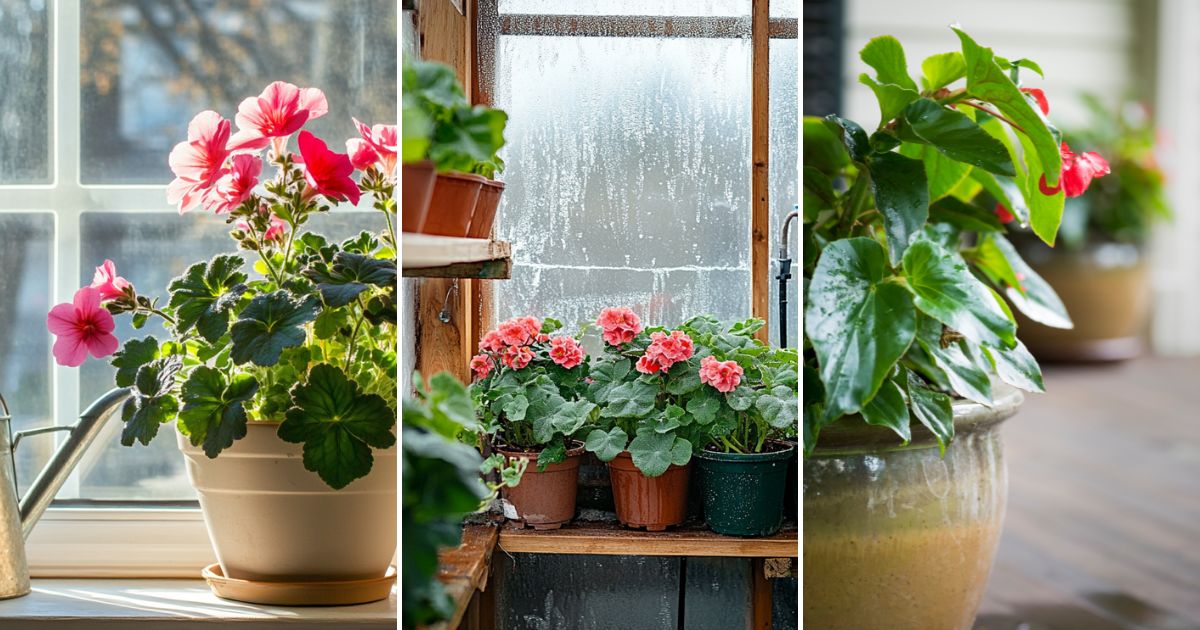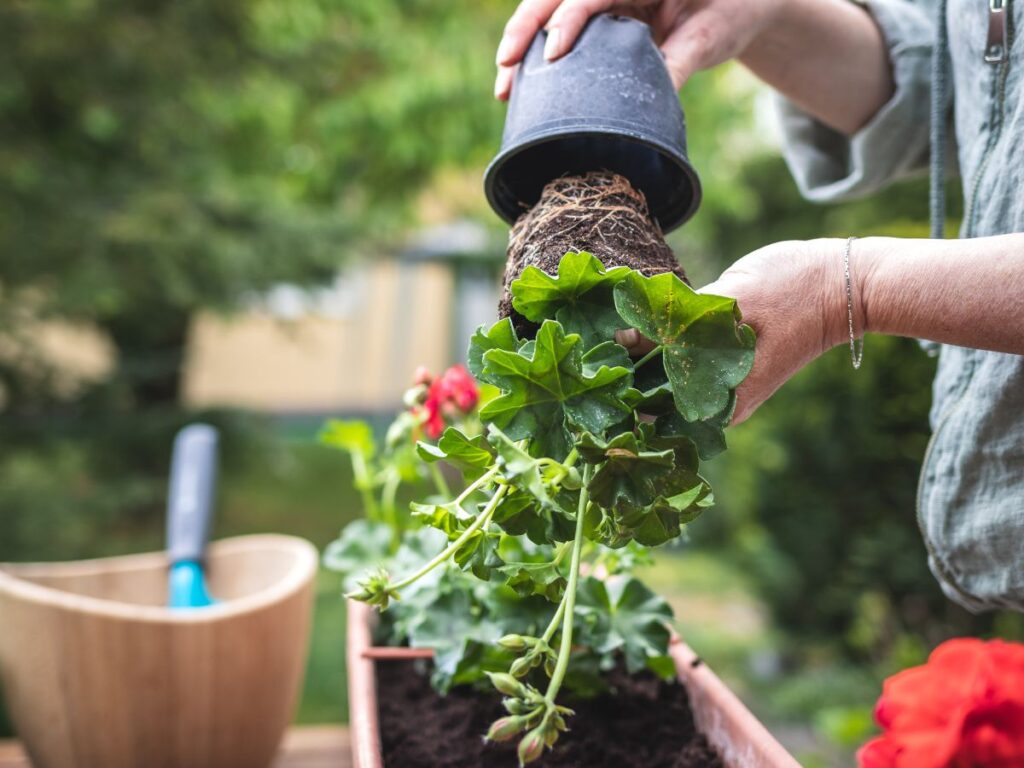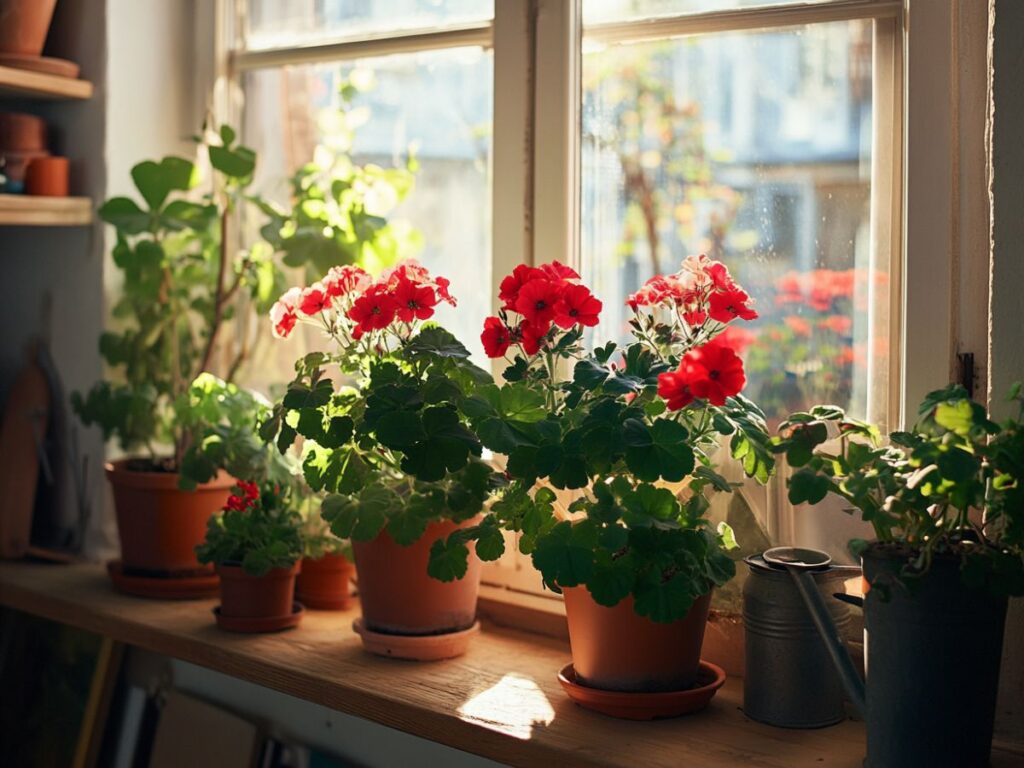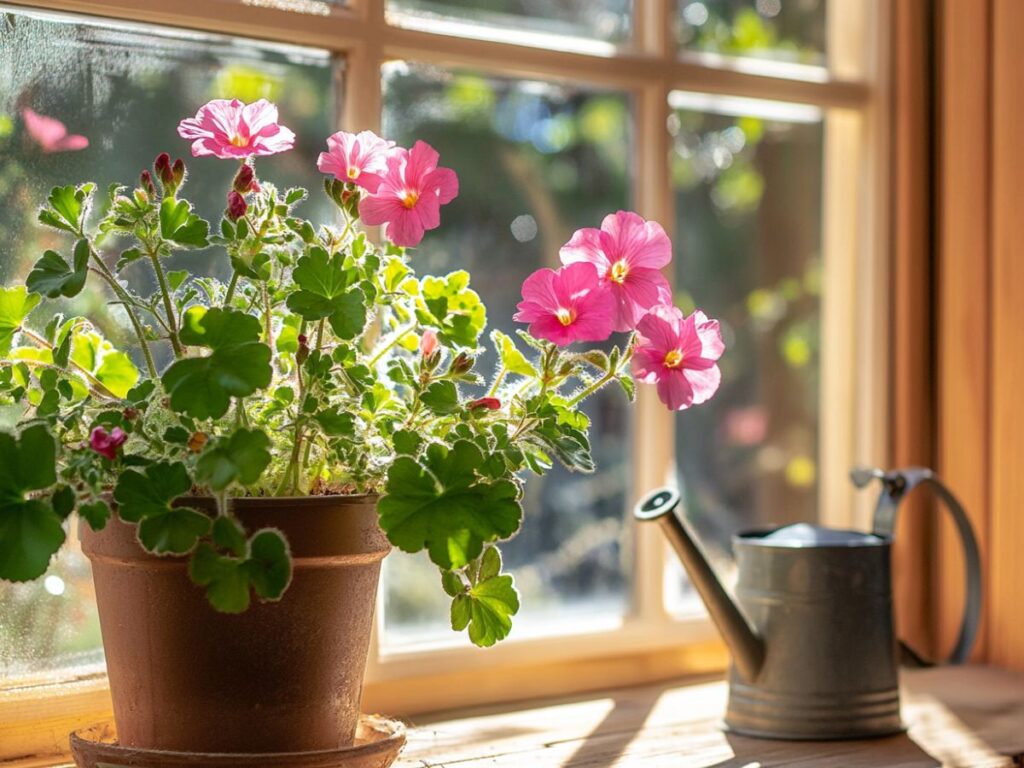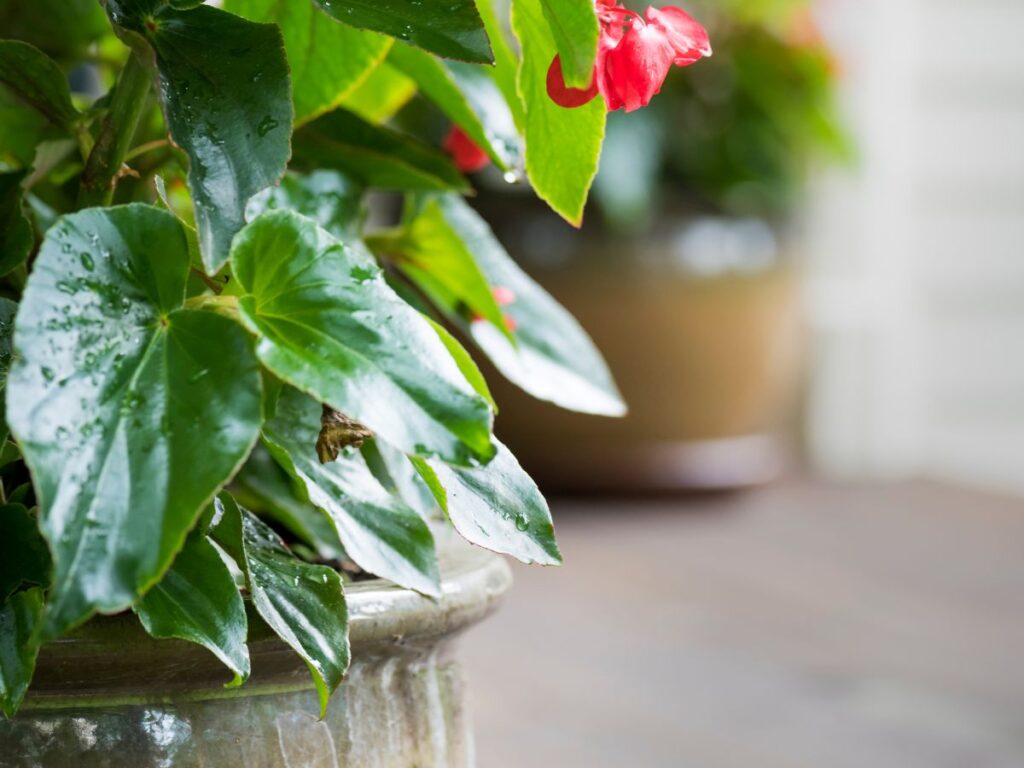Winter is just around the corner, and it’s time to ensure your beautiful geraniums are well-prepared for the cold months ahead.
Whether you’re a seasoned gardener or just starting out, these essential techniques will help you keep your geraniums healthy and vibrant throughout the winter.
Let’s dive in and explore how you can give your plants the best care possible!
1. Assess Your Geraniums’ Health
Before you start winterizing, take a close look at your geraniums. Inspect leaves, stems, and flowers for any signs of disease or pests.
Healthy plants are more likely to survive the winter, so removing any affected parts is crucial. This initial inspection sets the stage for successful winter care.
2. Prune and Trim
Pruning is a vital step in preparing your geraniums for winter. Trim back any dead or leggy stems to encourage new growth. This process not only tidies up your plants but also helps them conserve energy during the colder months.
3. Repot if Necessary
If your geraniums are in containers, check if they need repotting. A fresh pot with new soil can provide essential nutrients and a healthier growing environment. This can make a significant difference in how well your plants cope with winter stresses.
4. Move to a Sheltered Location
For outdoor geraniums, moving them to a sheltered location like a covered patio or greenhouse can protect them from harsh winds and frost. A slightly warmer spot will help them thrive despite the chilly weather.
5. Maintain Proper Watering
Watering becomes more delicate in winter. Ensure the soil is moist but not waterlogged, adjusting your watering routine to prevent root rot. Finding the right balance is key to keeping your geraniums healthy.
6. Monitor Temperature and Humidity
Keep a close eye on the temperature and humidity levels where your geraniums are situated.
Geraniums prefer consistent conditions, and sudden changes can stress them out. Monitoring these factors helps you make necessary adjustments to maintain their wellbeing.
